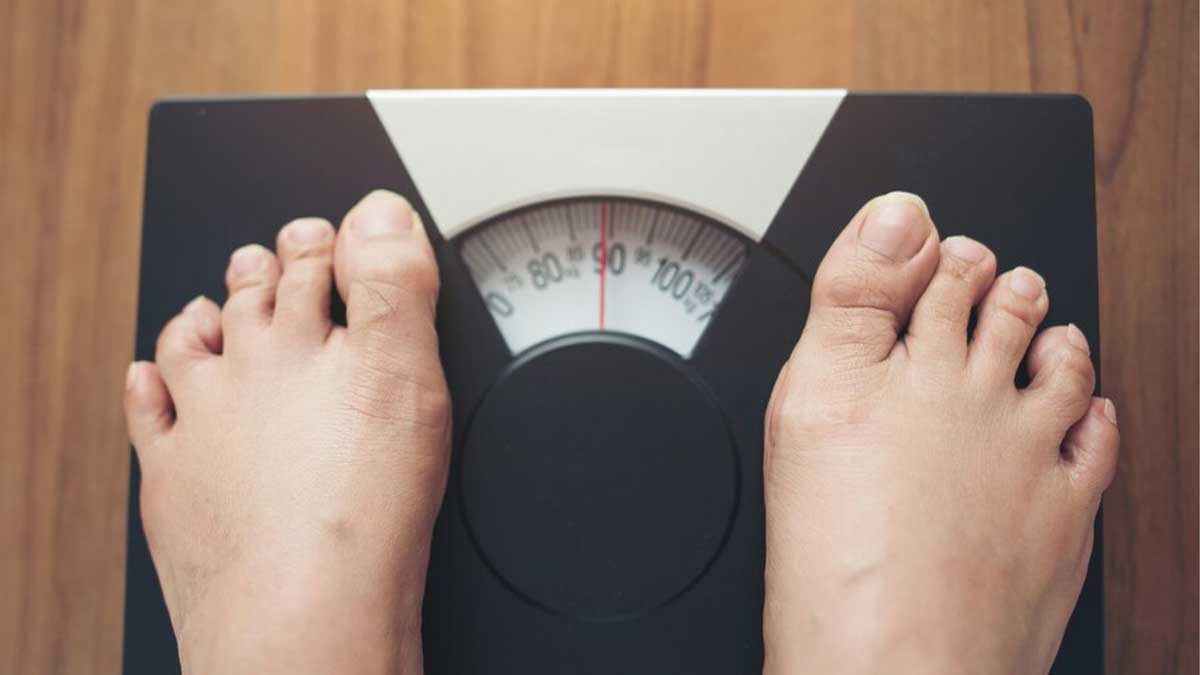
Obesity is a worldwide health emergency, touching the lives of millions of individuals across the globe. In addition to its common links with heart disease, diabetes, and high blood pressure, obesity is also a major contributor to infertility. As we mark World Obesity Day 2025, we spoke to our expert, Dr Prachi Benara, IVF Specialist, Birla Fertility and IVF - New Delhi, to highlight how lifestyle changes—namely sleep, diet, and physical activity—can be instrumental in overcoming obesity-linked infertility. Here is everything she shared with us.
Table of Content:-
Link Between Obesity and Infertility
Obesity interferes with hormonal equilibrium, resulting in fertility problems among men and women. In women, excess body fat may lead to irregular periods, ovulation problems, and such conditions as PCOS, one of the top causes of infertility. Obesity, in men, leads to reduced levels of testosterone, poorer-quality sperm, and erectile dysfunction. Treating obesity is thus of paramount importance to enhance fertility success.
Role of Sleep in Fertility
Sleep is also not usually discussed when weight and reproductive health are mentioned, but it's extremely important. Abnormal sleep patterns interfere with the body's hormonal balance, causing stress hormones such as cortisol to rise, as well as insulin resistance—both of which can lead to weight gain and infertility. Getting a minimum of 7-9 hours of quality sleep every night can help control weight and increase fertility.

Also Read: Is Your Bathroom Making You Sick? Toxic Items to Throw Away ASAP
How Diet Affects Fertility
A balanced diet is key in addressing obesity-induced infertility. Overconsumption of processed foods, sugar, and unhealthy fats leads to insulin resistance and hormonal imbalance. Conversely, embracing a nutrient-rich diet with high intakes of whole foods—fruits, vegetables, lean proteins, and healthy fats—can enhance metabolic health and reproductive function. Certain nutrients like omega-3 fatty acids, antioxidants, and folic acid have been found to enhance fertility and overall health.
How Exercise Affects Reproductive Health
Regular exercise is crucial for weight control and improving fertility. Moderate exercise keeps insulin levels in check, decreases inflammation, and enhances cardiovascular health—all of which are positive for reproductive health. However, too much or too strenuous exercise can do the opposite by elevating stress hormones and interfering with menstrual cycles. Finding a balance with moderate exercise like brisk walking, yoga, or strength training can maximise fertility results.

Also Read: Is Your Bathroom Making You Sick? Toxic Items to Throw Away ASAP
What Should Be The Holistic Approach
Obesity infertility calls for an overall lifestyle solution. A synergy of sound sleep habits, a balanced diet, and regular exercise can greatly enhance reproductive health. Taking advice from medical professionals, such as fertility specialists, nutritionists, and trainers, can help tailor individual strategies to improve fertility results.
Bottomline
On World Obesity Day 2025, let's highlight the need to treat obesity as a primary determinant of reproductive health. Through prioritisation of sleep, a balanced diet, and regular exercise, individuals with obesity-induced infertility can enhance their fertility chances and overall health. Small, sustainable changes to lifestyle can translate into major improvements in fertility and long-term health.
Also watch this video
How we keep this article up to date:
We work with experts and keep a close eye on the latest in health and wellness. Whenever there is a new research or helpful information, we update our articles with accurate and useful advice.
Current Version